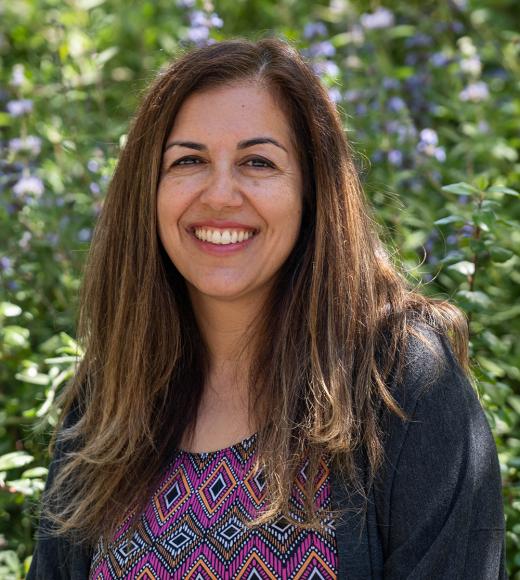
Position Title
Associate Professor of Teaching
- Molecular and Cellular Biology
Research Interests
My research interests overlap with my teaching goal of creating a student centered classroom that is inclusive and promotes critical thinking. I have used my classroom as a laboratory to test ideas and learn more about student perspectives and experiences.
Promoting writing in a large STEM class
Most people would agree that being able to communicate in writing is an essential part of any career. However, students rarely have the opportunity to write in upper division lecture based courses in biology. Writing apprehension on behalf of students and logistical difficulties on behalf of the instructor are two large barriers to creating fulfilling and productive writing assignments in a large STEM course. I have always used writing assignments to explore student interests and create context in small lecture based courses and I wanted to see how I could scale up these successful assignments to work in a large upper division biochemistry course. I have worked for many quarters to design and optimize writing assignments in BIS102, a large upper division biochemistry course (200-400 students), using student feedback and other metrics to assess efficacy. In this project, I have explored peer feedback, peer grading, expert-led peer feedback, and many aspects of assignment design and seen positive changes in student perspectives on writing as well exam grades.
Promoting conceptual thinking and raising awareness of algorithmic thinking in problem solving
After teaching biochemistry for several quarters, I noticed that some students approached problem solving in memorizable steps, but did not have conceptual understanding of what those steps accomplished. This approach, often described as algorithmic thinking, is necessary in some contexts but can impede understanding if conceptual understanding is not also sought. I am interested in 1) devising ways to detect when students use algorithmic rather than conceptual approaches to problem solving in biochemistry and 2) create assignments that promote conceptual understanding and raise awareness of when a student is using algorithmic thinking in biochemistry. Part of this project has involved qualitatively coding student answers on written response exams to understand the depth of understanding and how the rubric can be better aligned to the learning objectives.
- 1998 B.A. in Molecular, Cellular, and Developmental Biology, University of California, Santa Cruz
- 2009 Ph.D. in Biochemistry and Molecular Biology, University of California, Davis
- 2009-2013 Postdoc in Molecular Genetics, Plant Gene Expression Center/University of California, Berkeley
